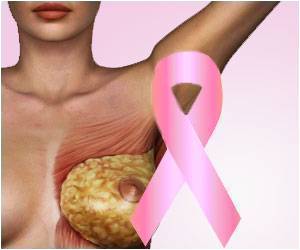Mammograms are vital and effective in increasing early diagnosis of breast cancer but researchers are also looking at alternative screening methods.

Queen Mary University of London’s Stephen Duffy and experts from 16 countries assessed the positive and negative impact of different breast cancer screening methods, based on a comprehensive analysis of evidence from 11 randomized controlled trials and 40 high-quality observational studies.
The findings look at breast cancer screening on a global level and therefore take into account routine screening programs (where all women of a certain age are invited to attend) and opportunistic screening services (which operate in countries without a set program).
Duffy said that this important analysis will hopefully reassure women around the world that breast screening with mammography saves lives.
The evidence proves breast screening is a vital tool in increasing early diagnosis of breast cancer and therefore reducing the number of deaths. Duffy added that despite evidence that mammography screening is effective, they still need to carry out further research on alternative screening methods, such as the promising "digital breast tomosynthesis" a newly developed form of 3D imaging which could potentially improve the accuracy of mammography in coping with more dense breast tissue.
He noted that it is also vital they continue researching the most effective ways of screening women at high risk of breast cancer due to family history or genetic status. The study is published in the New England Journal of Medicine.
Advertisement















